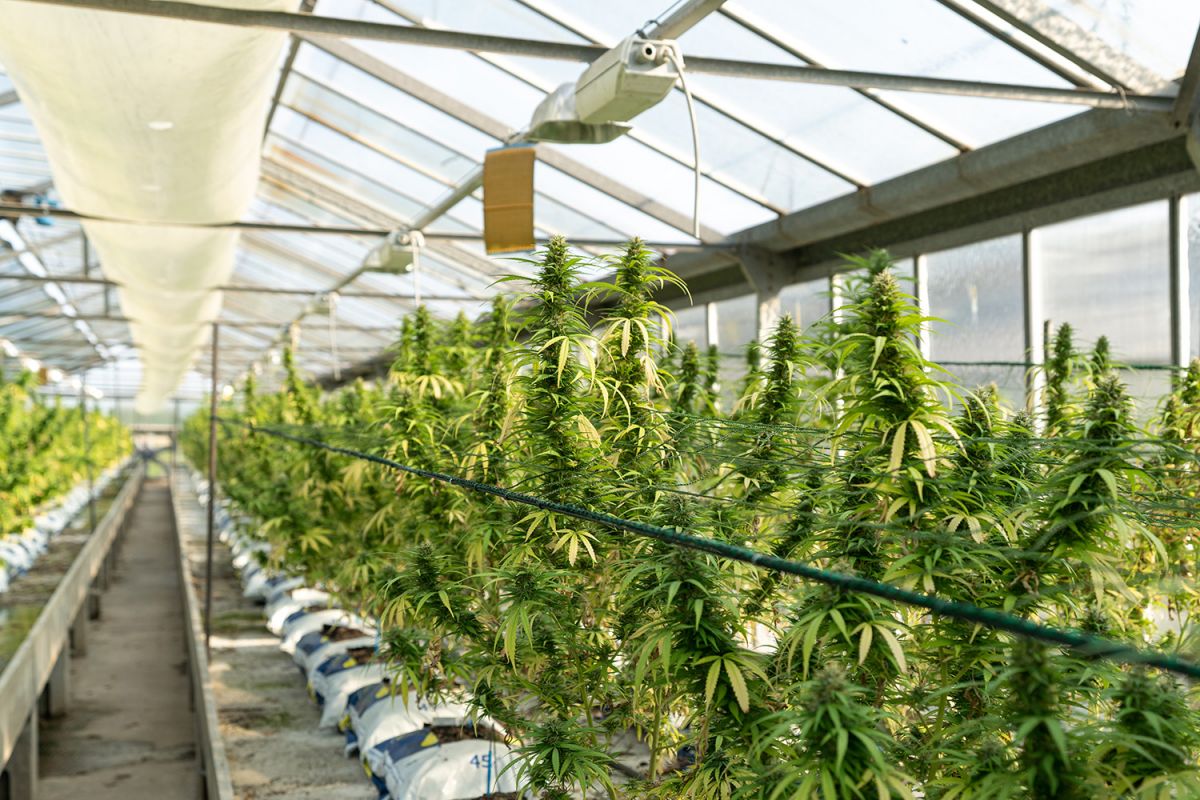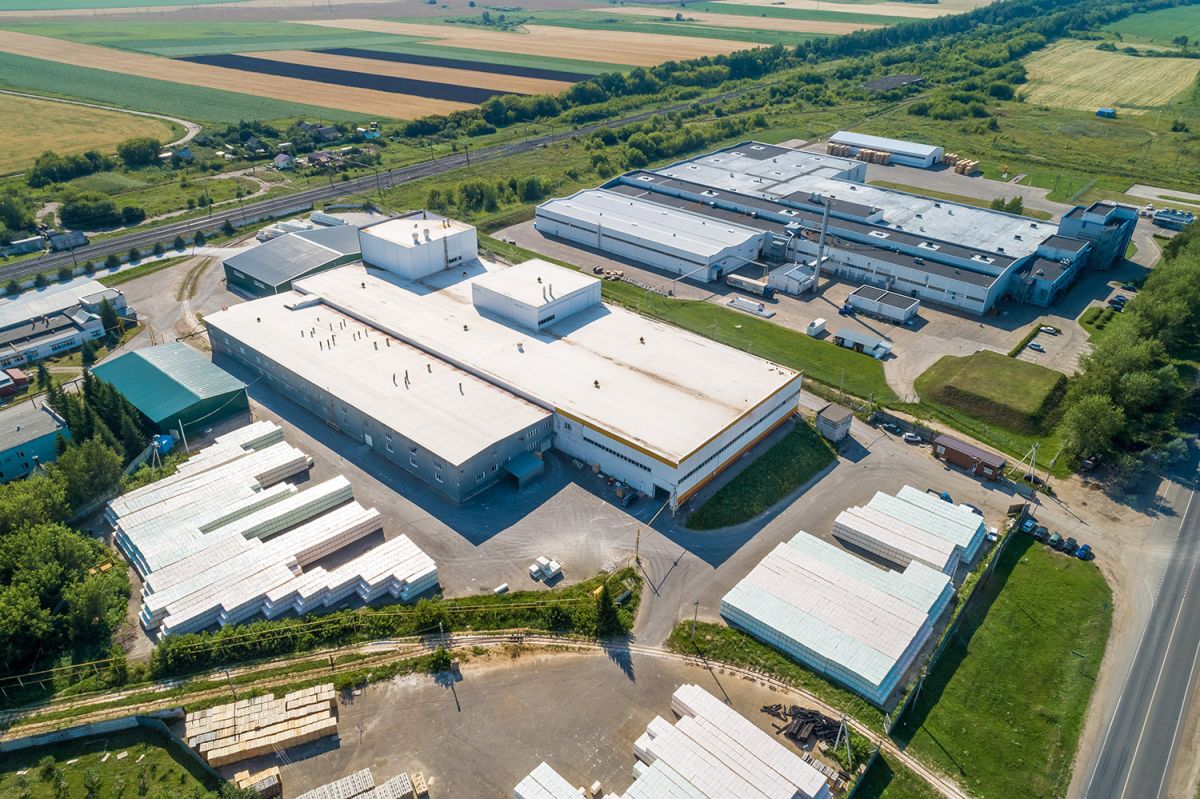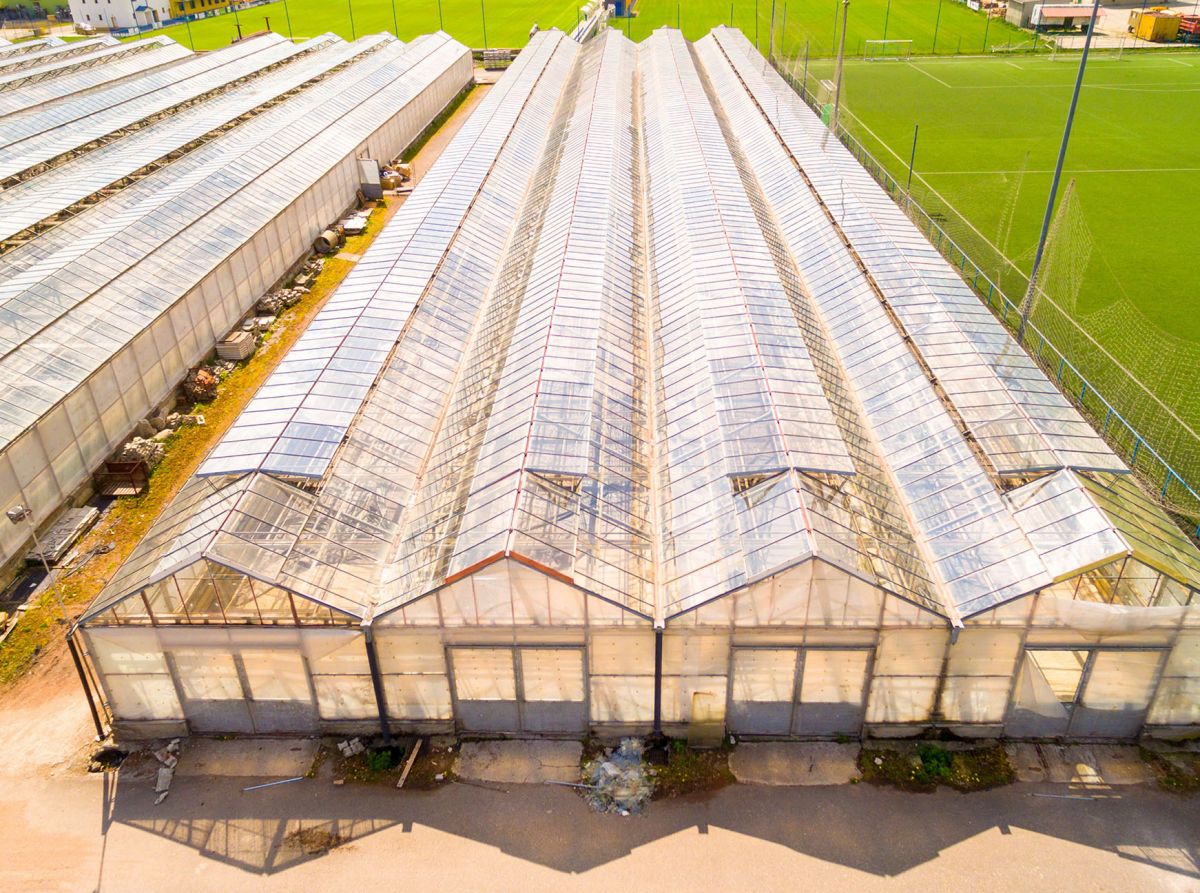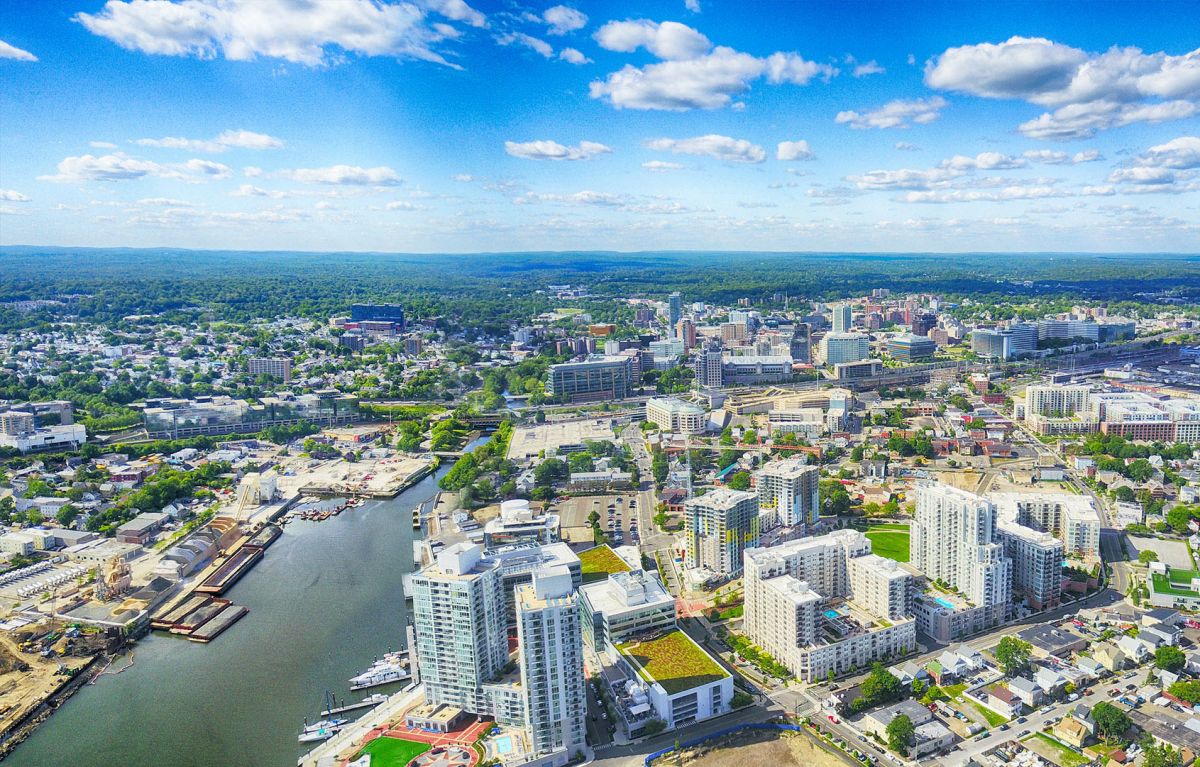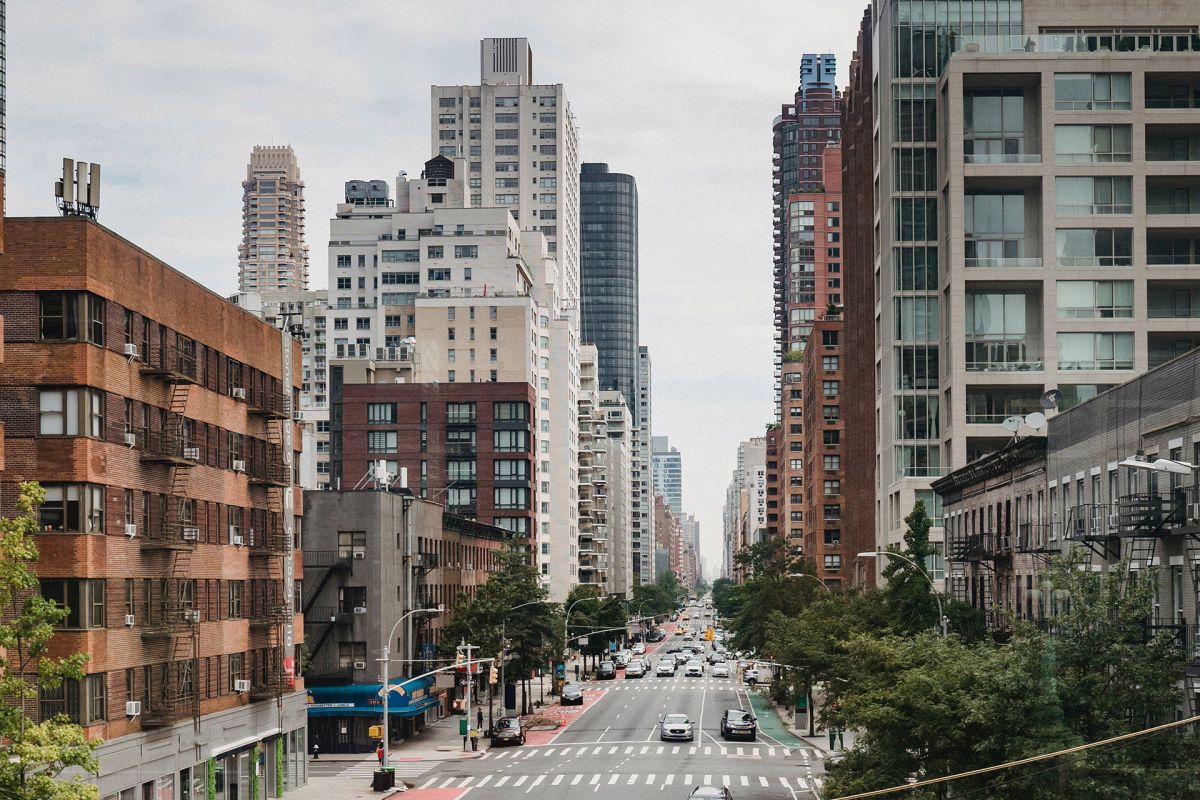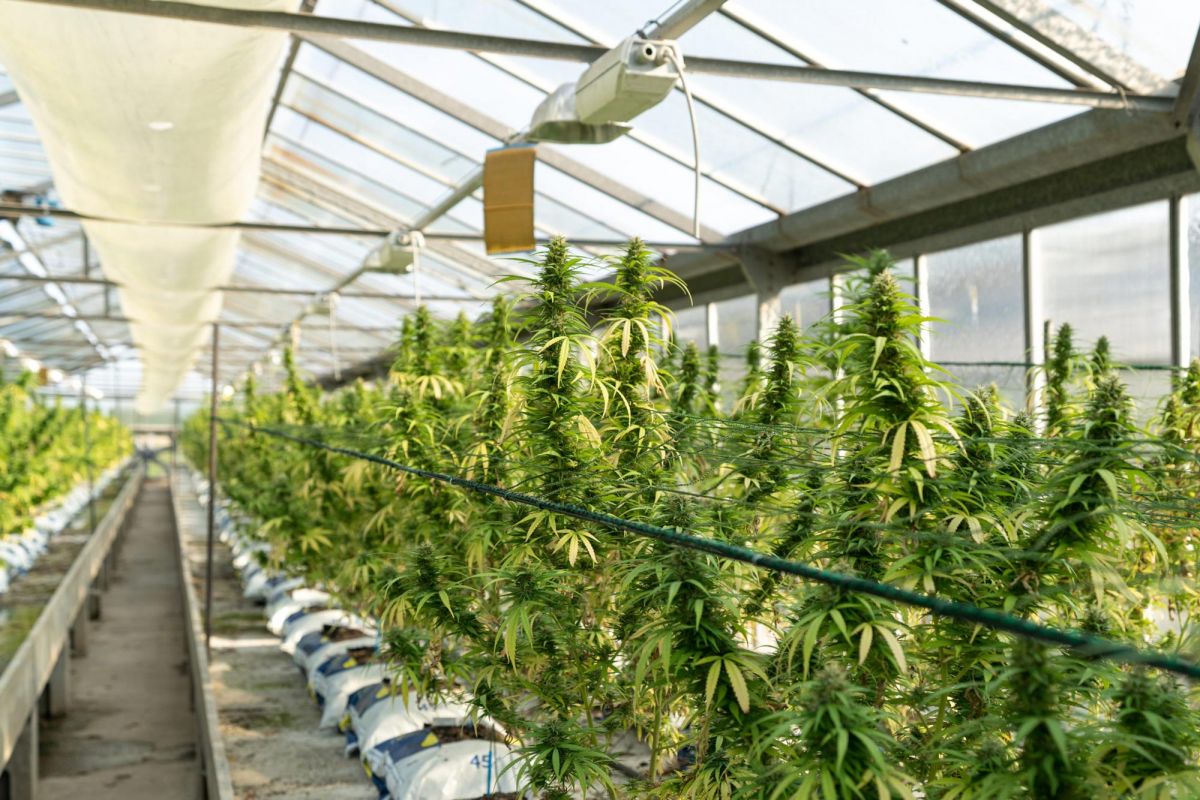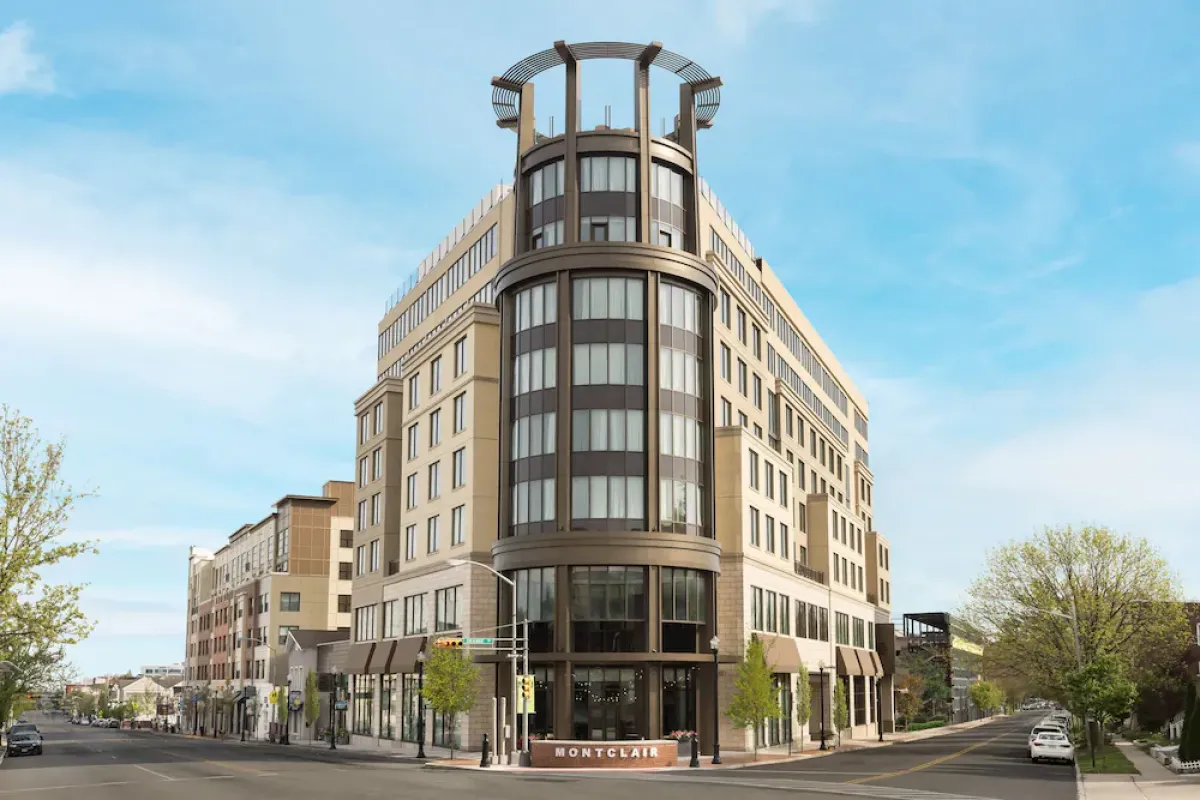New cannabis business opportunities in New York, Maryland
Cannabis business opportunities abound in two specific states, New York and Maryland, due to product popularity and smart legislation. Canna Real Estate Group (CREG) is working diligently in these areas and bringing our 10-plus years of cannabis-specific commercial real estate experience from the West and Midwest markets to the new recreational-use markets on the East Coast. Learn the latest news in cannabis licensing, regulations and business and plot your next move!
Get a New York Marijuana License!
Applications are currently being accepted until Dec. 18 for microbusiness licenses, adult-use cultivator licenses, adult-use processor licenses, adult-use distributor licenses, and adult-use retail dispensary licenses. Also open until Dec. 19 is the application window for those seeking a New York marijuana license for medical cannabis retail. This specific application window is for “registered organizations” that are New York’s version of MSOs. MSOs are companies that provide non-clinical services to medical practices or other healthcare providers.
In the regulations realm, Gov. Kathy Hochul has signed legislation providing tax relief to New York City cannabis businesses currently blocked from making federal deductions under an Internal Revenue Service (IRS) code 280E. This bill is in addition to the legislation passed last year for the state of New York cannabusiness to be allowed tax deductions, as New York City had its own tax laws that weren’t affected by that change.
“This bill would allow a deduction for business expenses, incurred by taxpayers authorized by the Cannabis Law to engage in the sale, distribution, or production of adult-use cannabis products or medical cannabis, for purposes of the unincorporated business tax (UBT), the general corporation tax (GCT), and the corporate tax of 2015, commonly referred to as the business corporation tax (BCT),” a summary says
Similar legislation passed in New Jersey in May, where CREG has established projects and is seamlessly expanding our reach to New York, Maryland and Pennsylvania.
A lawsuit settlement may pave the way for business changes within the industry. New York regulators and a group of disabled military veterans who challenged the NY marijuana license process have reached “an agreement in principle to settle this matter,” according to court documents. The agreement is expected to lead to the end of a temporary injunction, which prevented more than 400 conditional adult-use retail dispensary (CAURD) licensees across the state from opening for months.
Demand for a NY weed license may be boosted by “Roadmap to Adult Use Application” events, which are being held by the New York State Office of Cannabis Management (OCM) to inform those interested in New York dispensary regulations, licenses and processes. Local news CBS 6’s Briana Supardi spoke with attendees about the workshop: one participant, Lauren Breland, noted licensing is “not so much an arduous process.”
Open a Maryland Cannabusiness!
Cannabusiness is also expanding in Maryland, where adult-use cannabis business license applications are currently being accepted until Dec. 12. MD marijuana license rewarding will go to 75 standard dispensary licenses, 16 standard grower permits, 32 standard processor licenses, 24 microgrower permits, 24 microprocessor licenses and eight microdispensary permits.
Applicants for a Maryland marijuana license can try for one application per license type, and no more than two applications per round will be accepted. Recreational cannabis has been on sale in the state since July 2023, and sales are estimated to surpass $275 million this year.
Maryland dispensary regulations, in regard to zoning limits, are being reviewed by some counties, as leaders are being advised to use logic when thinking about using zoning to restrict cannabis businesses.
Currently, 101 dispensaries hold state licenses, and Maryland cannabusiness is “on the cusp of a dramatic expansion”. However, a handful of counties have “no exposure to cannabis businesses today and that is definitely going to change moving forward,” said Will Tilburg, acting director of the Maryland Cannabis Administration.
“So, we’re talking about a total of 75 dispensaries in this round, which would bring the state total to 176 compared to about 7,000 alcohol outlets in the state,” said Tilburg.
Another round of licensing is expected in May.
Cannabusiness in Maryland may have found another route to consumers: private dinner parties featuring cannabis-infused food. Baltimore chef Jazmine Moore conceives and cooks such meals.
“A lot of people are moving away from alcohol, and they are looking for more alternative ways, maybe just to relax and enjoy,” said Moore, who goes by Chef Jazz. Chef Jazz says guests feel the equivalent of a few glasses of wine by the end of the meal.
Cement your business in the cannabis real estate market!
Healthy, expanding markets in both New York and Maryland translate into smart business. CREG is established and active in all phases of site acquisition for cultivators, processors and retailers, and is advising qualified license applicants to identify compliant sites needed for the application process. We are so confident in the industry that we are also investors and shareholders in our clients’ cannabis businesses. Contact CREG for a free cannabis real estate consultation!

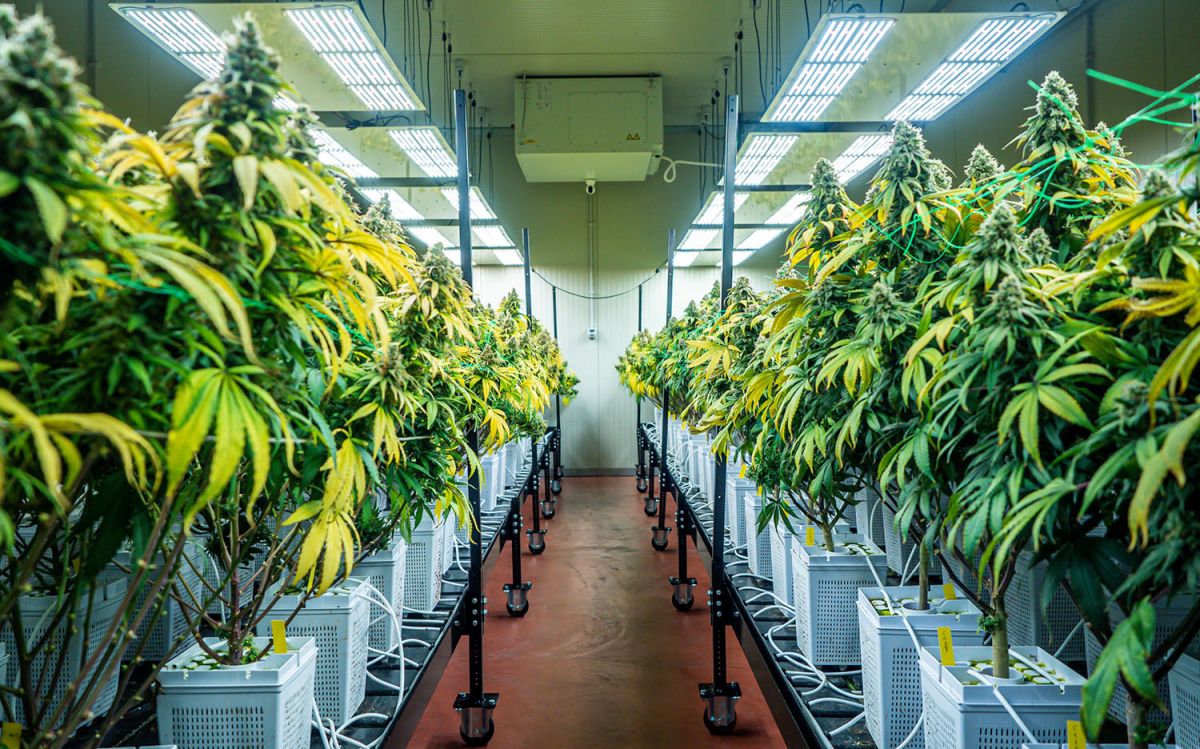
 Canna Real Estate Group
Canna Real Estate Group 